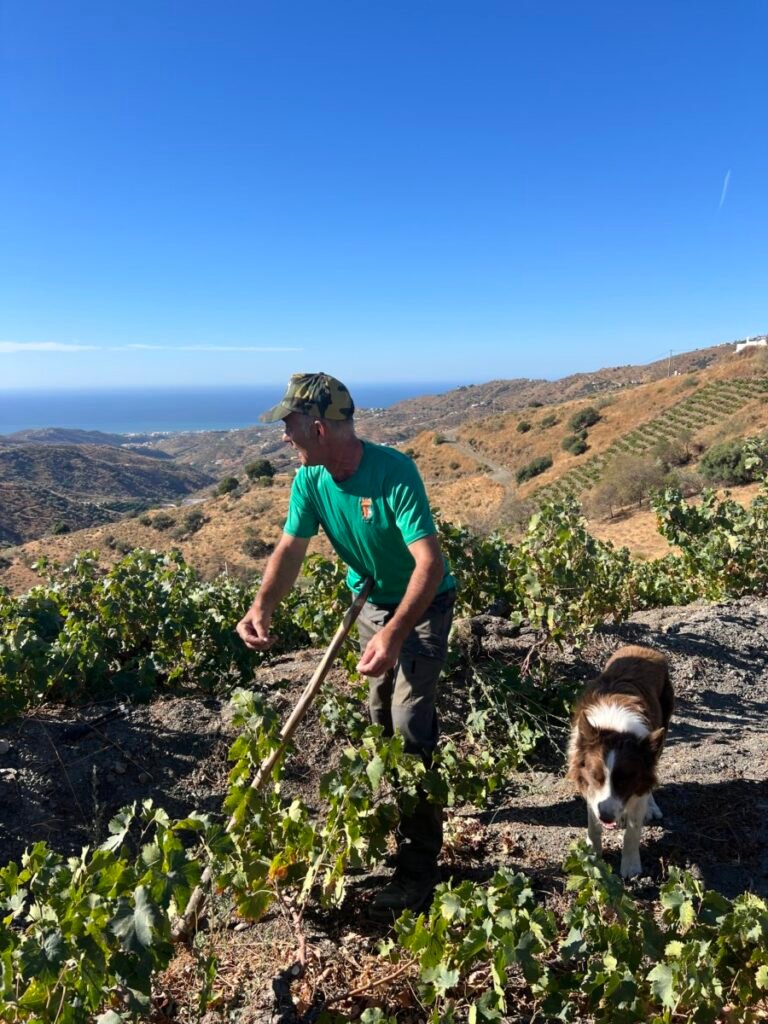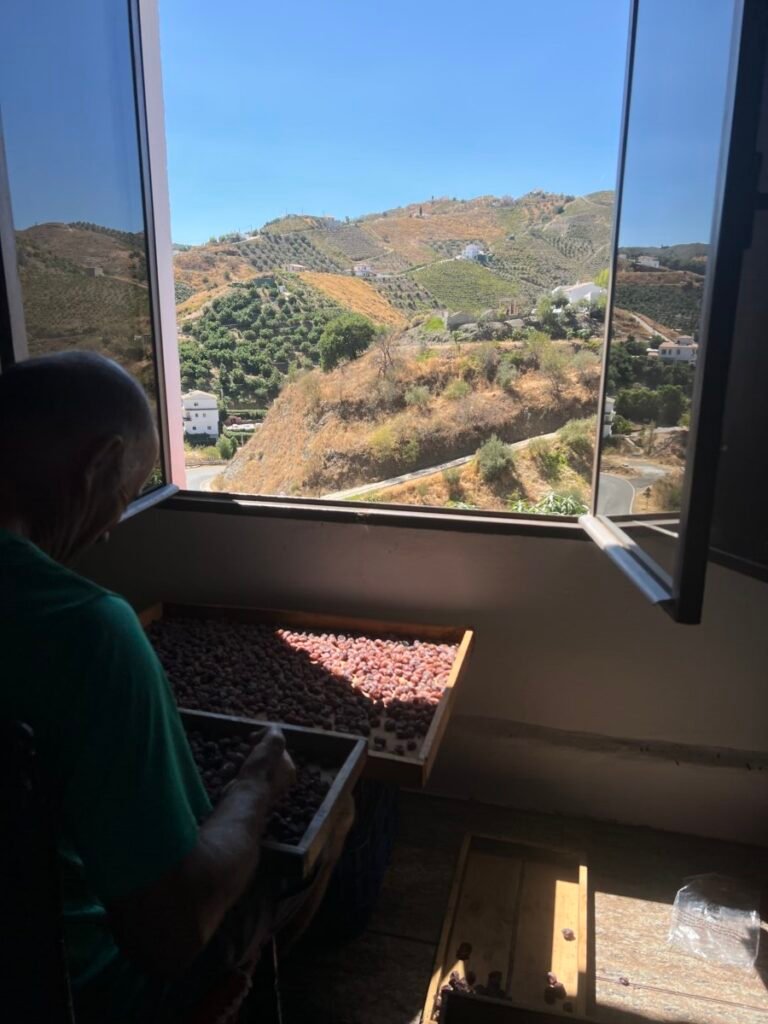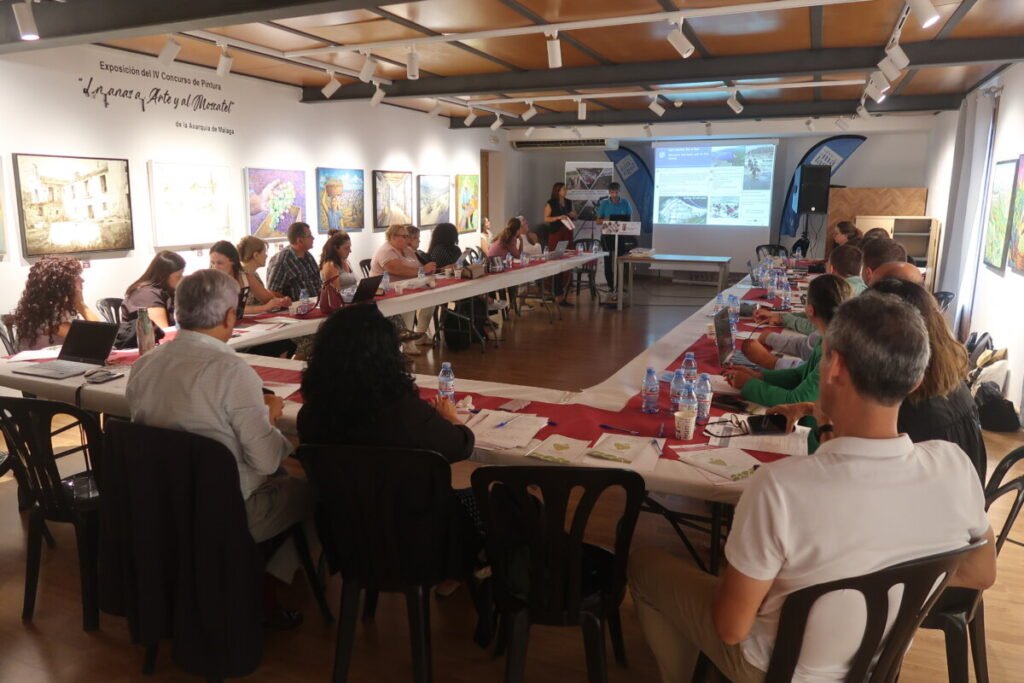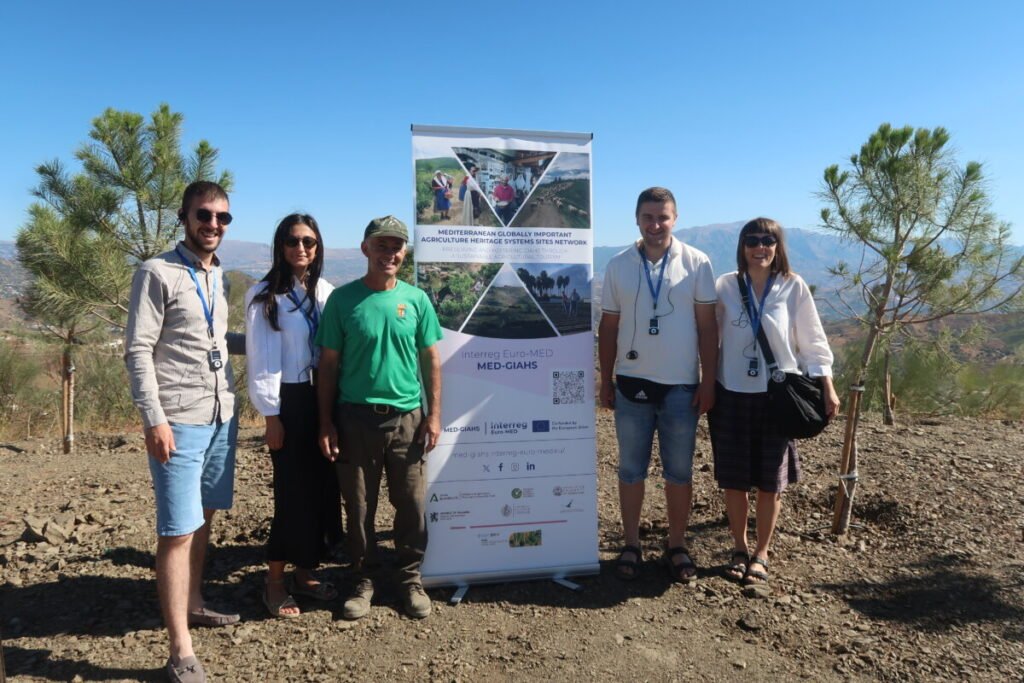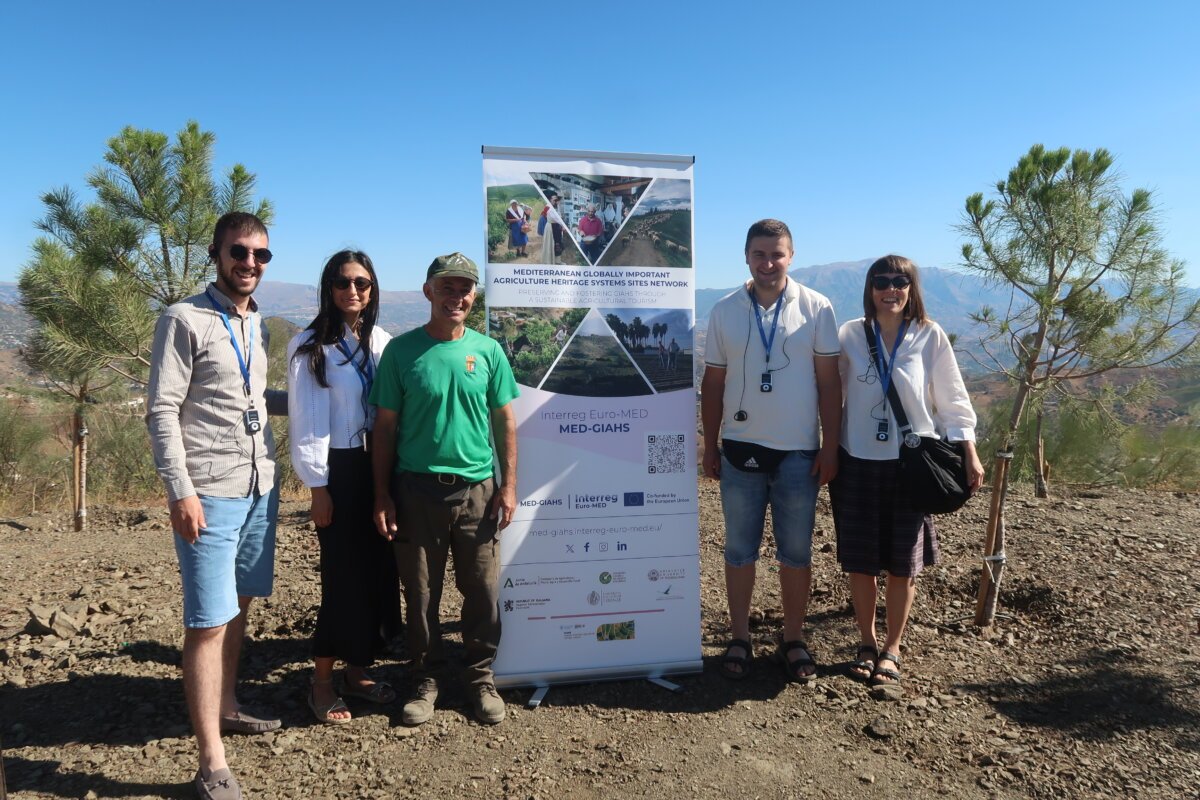
Within the MED GIAHS project, Interreg Euro MED program, a joint meeting and study visit to the Axarquía region in Málaga, Spain, was organized from September 8 to 11, 2025. The host of the event was the Regional Ministry of Agriculture, Fisheries, Water and Rural Development of Andalusia (the lead partner), and all project partners participated: the University of Florence (Italy), the Regional Administration of Pazardzhik (Bulgaria), Aristotle University of Thessaloniki and the Panhellenic Association of Landscape Architects (Greece), including representatives of the Regional Development Agency for Bjelasica, Komovi and Prokletije, as well as representatives of the project partner Association of Rural Households of Montenegro.
The main goal of the MED GIAHS project is to strengthen the role of sustainable tourism in preserving exceptional agricultural landscapes from around the world that have been recognized as Globally Important Agricultural Heritage Systems (GIAHS). In the case of Montenegro, the katuns have been recognized as a potential GIAHS site, and an application for their inscription is being prepared.
The program began with the fourth Steering Committee meeting, where project partners discussed key aspects of project implementation, including progress monitoring and financial status, communication activities, as well as the selection of tourism experiences for the joint catalog. Common criteria were adopted for the catalog, which include, among other things, direct contact with producers, evaluation of agricultural systems, and contribution to the objectives of the GIAHS site. The importance of trained guides for presenting the values of GIAHS sites was also emphasized.
During the working sessions, the 3rd interregional seminar was also held, where the MED GIAHS strategy, a joint guide for defining action plans, and local catalogs of sustainable agritourism experiences developed in partner regions were presented. All partners presented their catalogs and received guidelines for possible corrections in order to ensure their inclusion in the final joint catalog.
In addition to the meeting, participants had the opportunity during the second study visit to get acquainted with a GIAHS site the Raisin Production System in Málaga, in the Axarquía region. During the visit, the Montefaco vineyards were visited, where the artisanal process of manual harvesting and drying of Muscat grapes was demonstrated. Participants visited the municipalities of Comares and El Borge, which highlighted their historical and landscape significance. A particular impression was left by the preservation of vineyards on steep terraced slopes, which demonstrate the importance of these practices for the identity and sustainable development of rural tourism in that region.
The experience of existing and recognized GIAHS sites clearly shows how important it is to devote special attention to the preservation of traditional practices and knowledge. As candidates for a GIAHS site, it is precisely from these examples that we learn that it is necessary to link the preservation of katuns with the development of rural tourism, the economic empowerment of local communities, and the improvement of the quality of life in rural areas.


